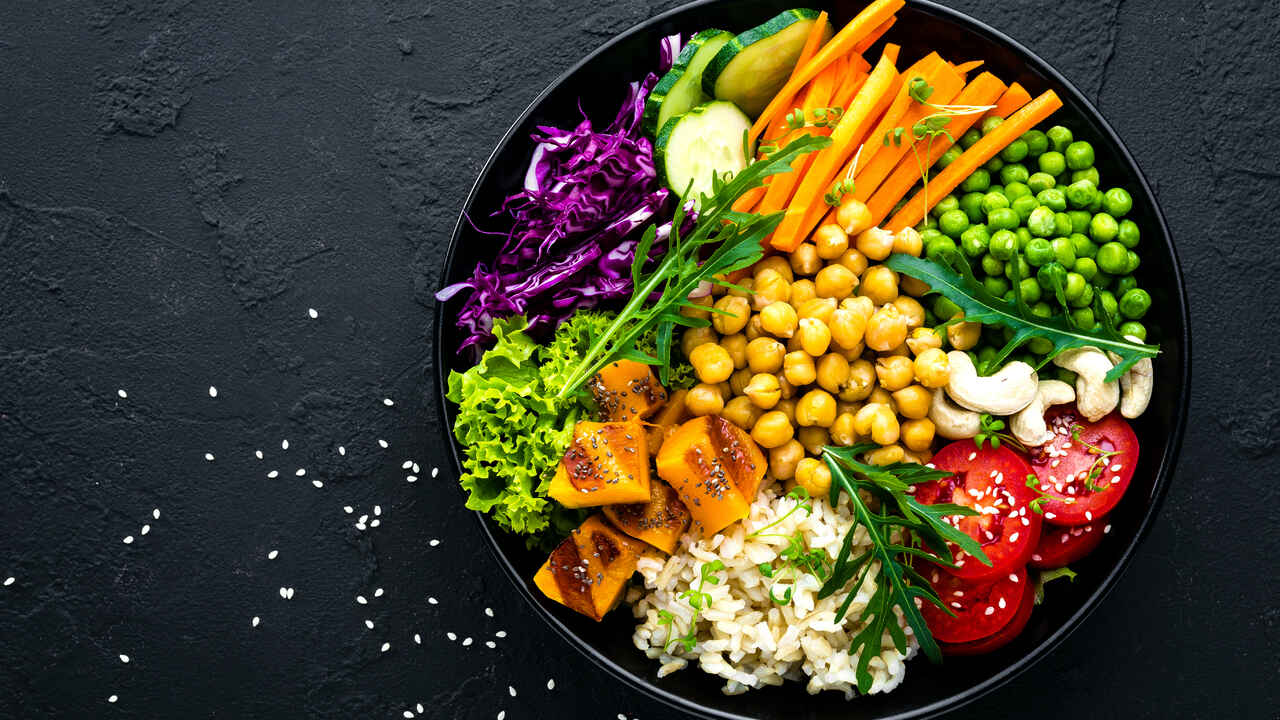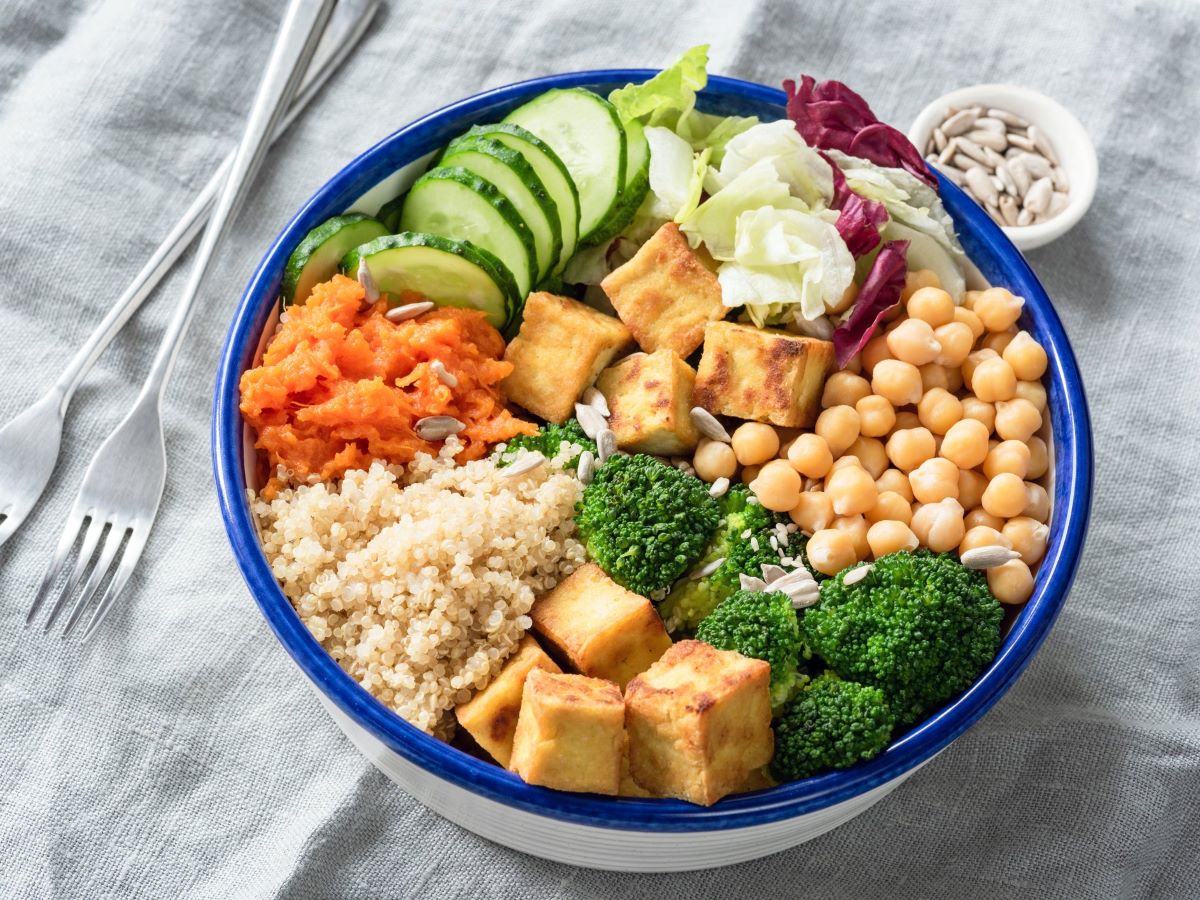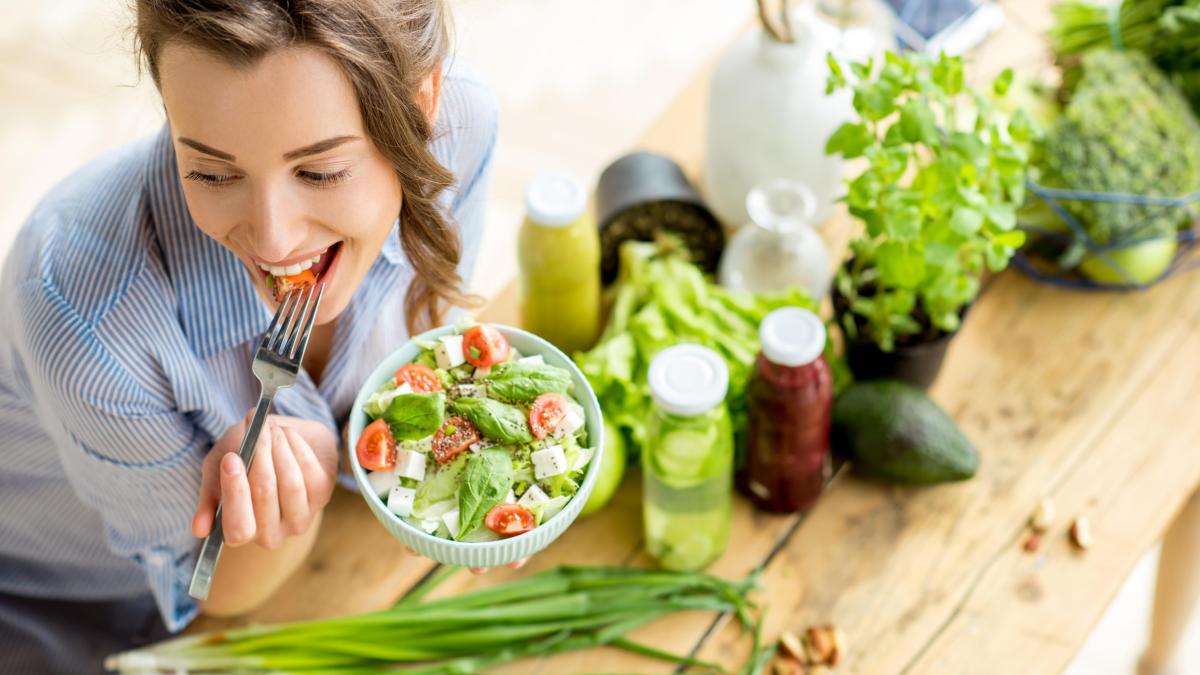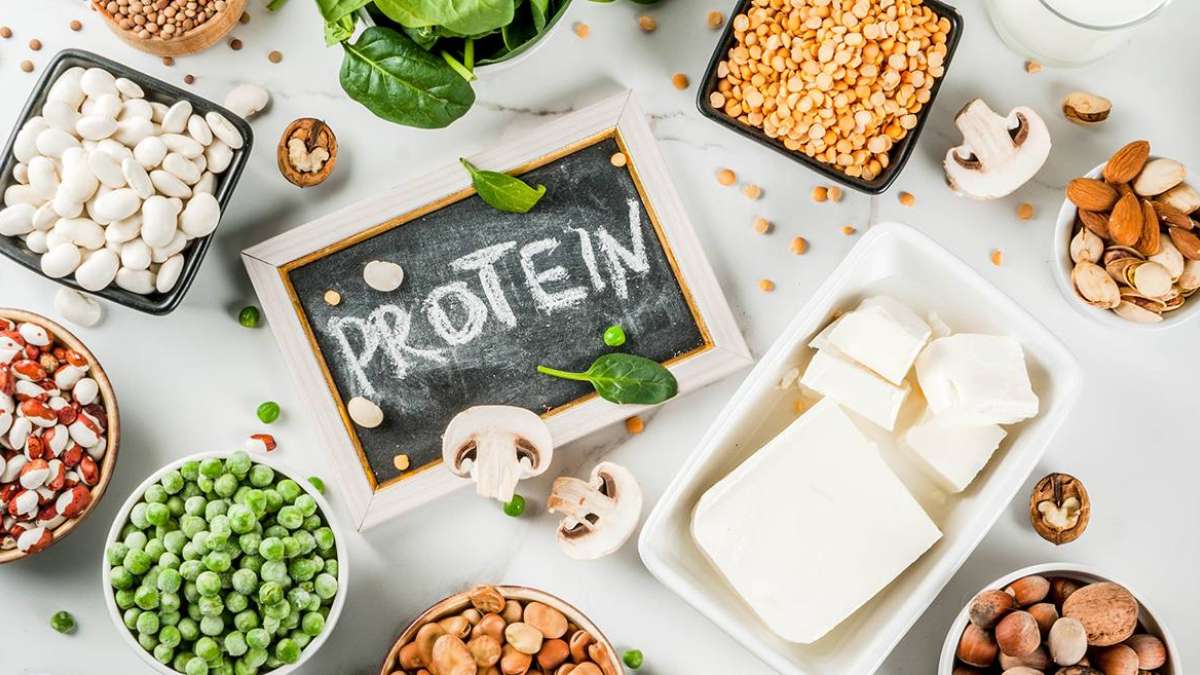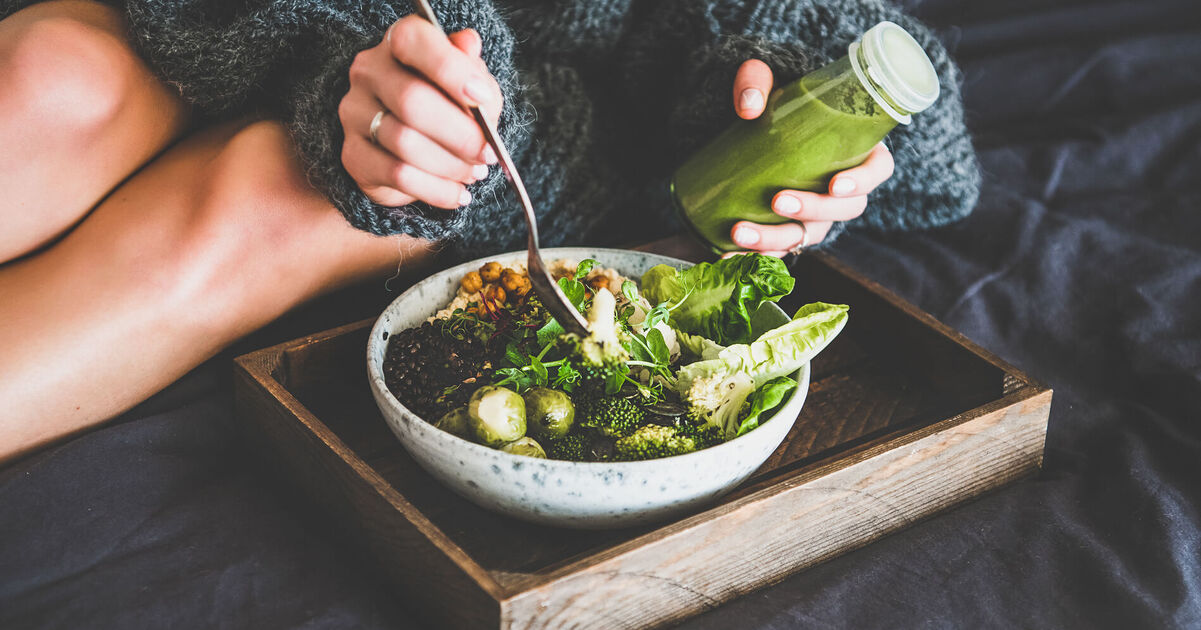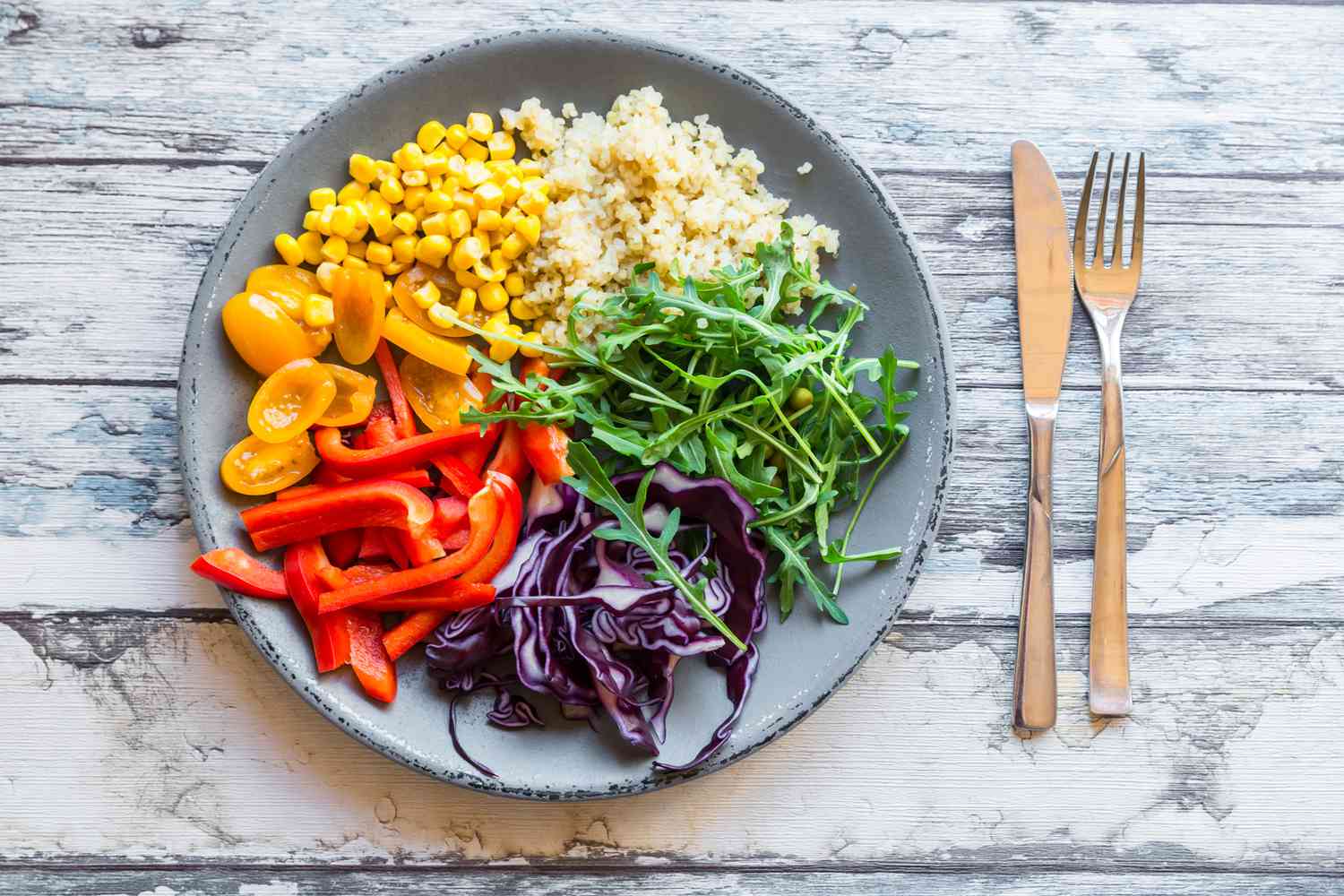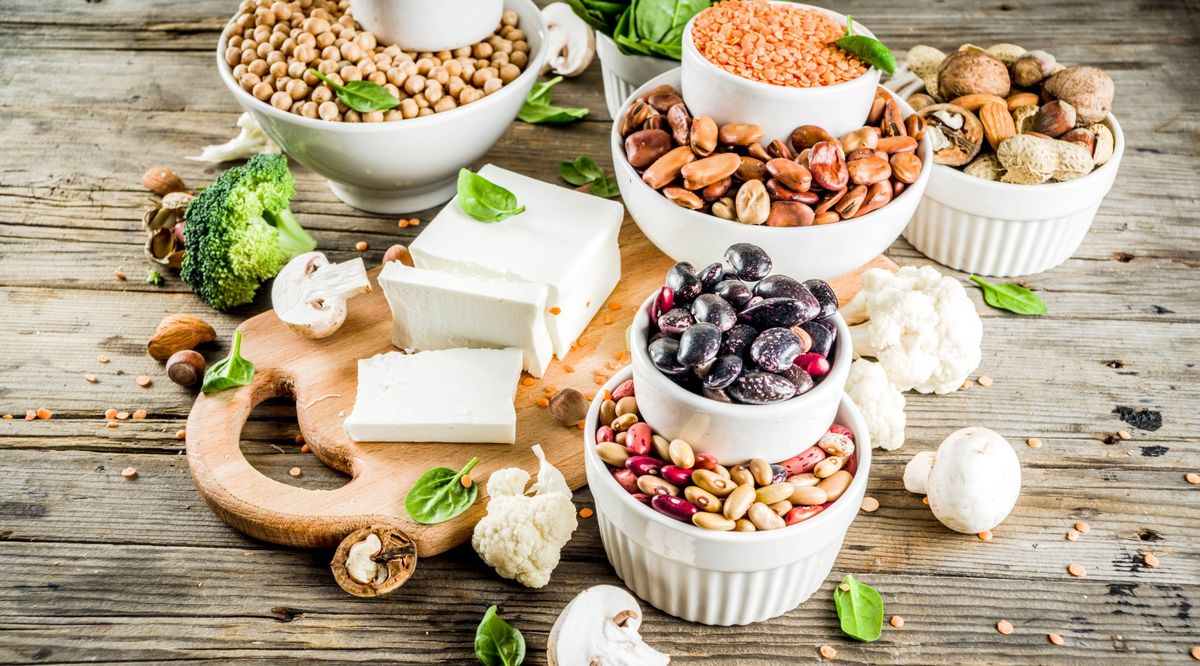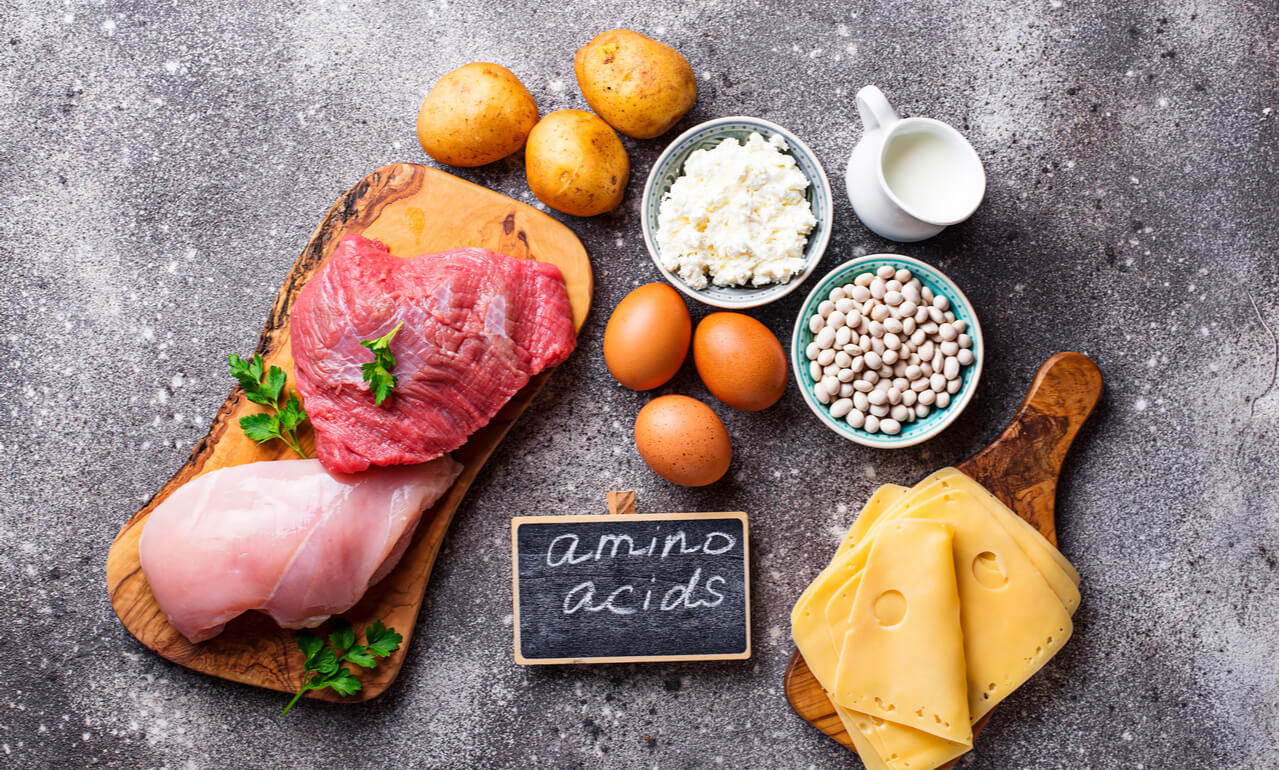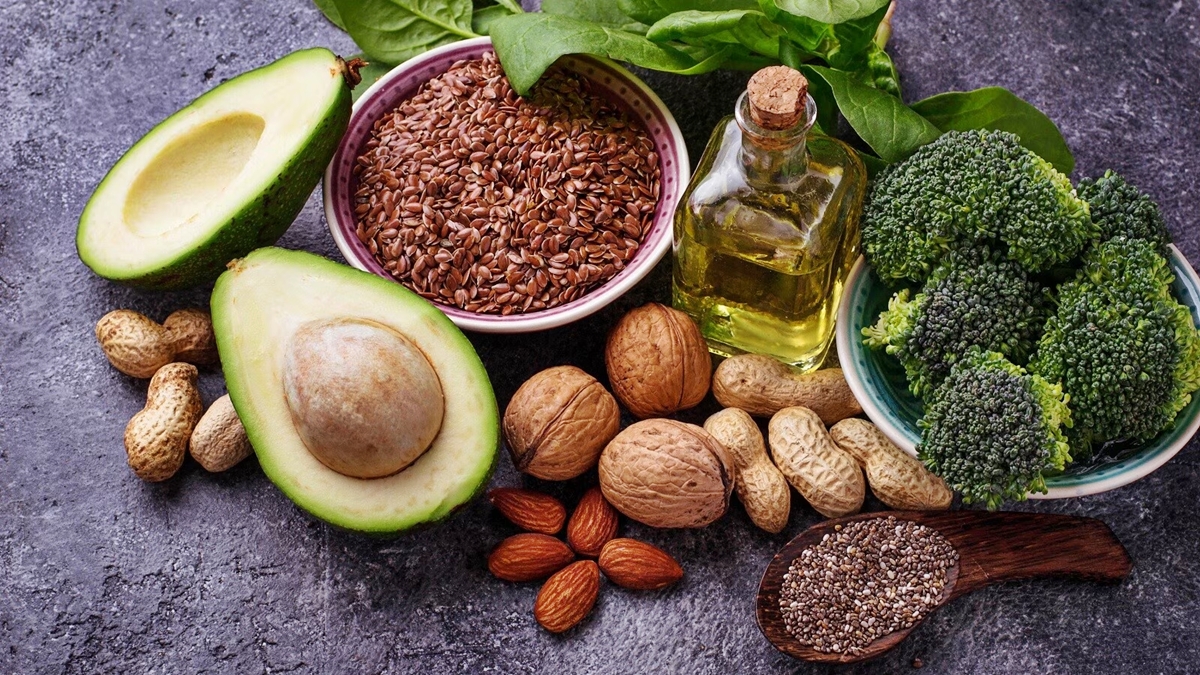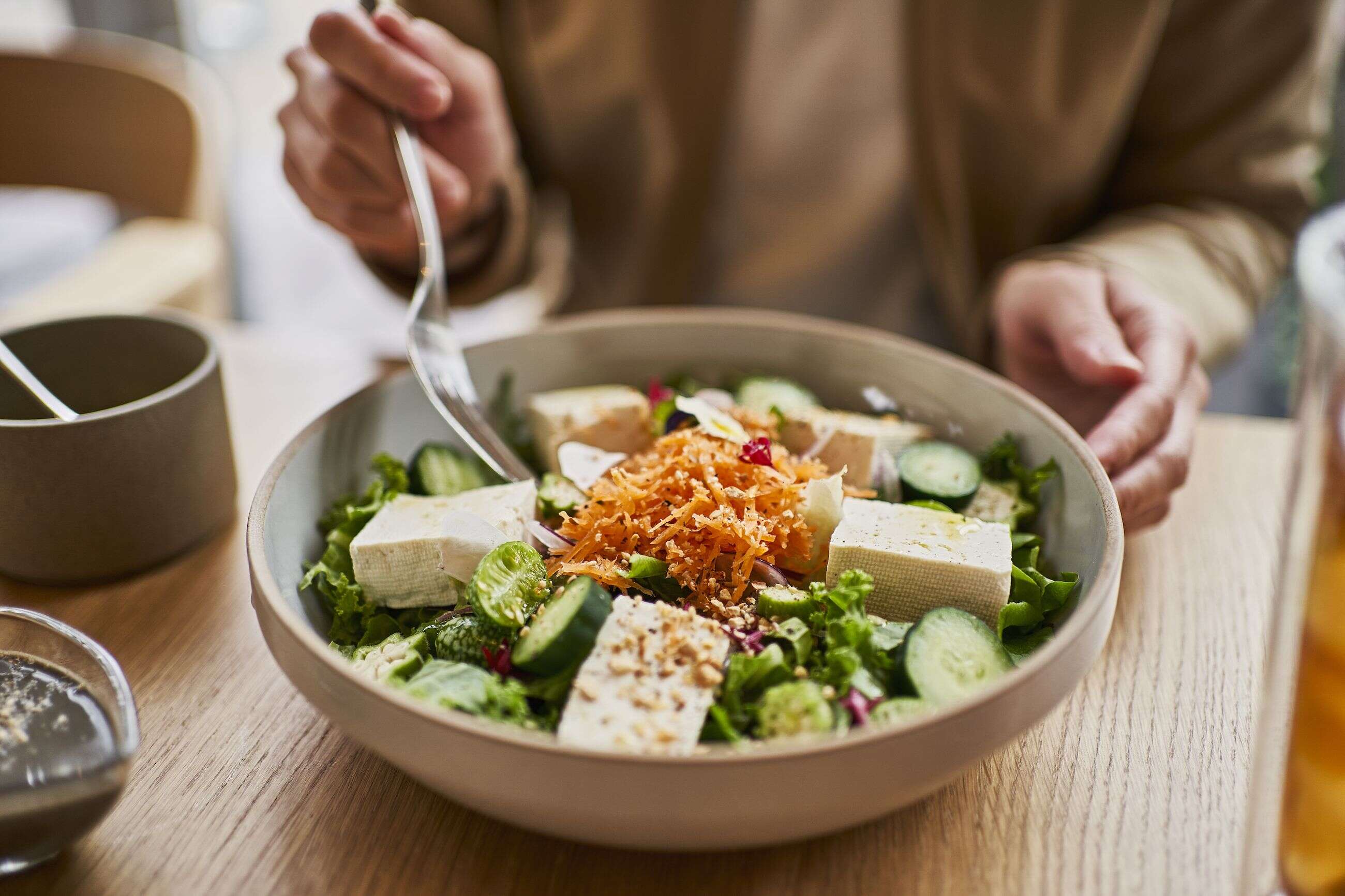The Best Sources Of Protein For Vegetarians
Are you a vegetarian looking to increase your protein intake? Look no further! We understand that finding good sources of protein can be a challenge when you don’t consume meat. However, there is a wide variety of plant-based foods that can provide you with the protein your body needs. Here, we have compiled a list of the best sources of protein for vegetarians.
1. Legumes
Legumes are an excellent source of protein for vegetarians. They include beans, lentils, chickpeas, and peas. These versatile foods are not only rich in protein but also packed with fiber, vitamins, and minerals. Adding legumes to your diet can help boost your protein intake while keeping you feeling full and satisfied.
2. Quinoa
Quinoa is a complete protein, meaning it contains all nine essential amino acids that our bodies need. This ancient grain is not only high in protein but also a good source of fiber and various nutrients. Whether enjoyed on its own or used as a base for salads, soups, or stir-fries, quinoa is a great addition to a vegetarian diet.
3. Nuts and Seeds
Nuts and seeds are not only delicious but also a fantastic source of vegetarian protein. Almonds, walnuts, peanuts, chia seeds, flaxseeds, and hemp seeds are all excellent options to consider. They can be easily incorporated into meals, snacks, or even used as toppings for salads and yogurt.
4. Tofu and Tempeh
Tofu and tempeh are soy-based products that provide a substantial amount of protein, making them popular choices for vegetarians. Tofu has a soft and smooth texture, while tempeh has a firmer texture and a nutty flavor. You can marinate them, stir-fry them, or add them to your favorite dishes for a protein boost.
5. Greek Yogurt
Greek yogurt is a great source of protein for vegetarians, and it also offers the added benefits of probiotics and calcium. Whether enjoyed on its own or used in smoothies, parfaits, or as a substitute for sour cream, Greek yogurt is a versatile and nutritious option to include in your diet.
6. Edamame
Edamame, which are young soybeans, are another fantastic protein source for vegetarians. They are not only high in protein but also packed with fiber and essential minerals. Edamame makes a great snack, appetizer, or addition to salads or stir-fries.
7. Seitan
Seitan, also known as wheat meat or wheat gluten, is a popular plant-based protein source for vegetarians and vegans. It has a chewy texture and absorbs flavors well. You can find seitan in various forms, such as sausages, burger patties, and deli slices.
8. Eggs and Dairy Products
If you include eggs and dairy products in your vegetarian diet, they can be an excellent source of protein. Eggs are a complete protein, and dairy products like milk, cheese, and yogurt also provide a considerable amount of protein. They can be enjoyed in various recipes or simply consumed on their own.
Incorporating these protein-rich foods into your vegetarian diet will help ensure that you meet your protein needs. Remember to combine them with a variety of other plant-based foods to consume a balanced diet that provides all the essential nutrients your body requires.
So, go ahead and experiment with these versatile and delicious protein sources! Your body will thank you for the nutritious and wholesome meals you’ll be enjoying.
– Chickpea and vegetable curry with quinoa
– Lentil and vegetable stir-fry with tofu
– Quinoa and black bean stuffed bell peppers
– Tofu and vegetable stir-fry with brown rice
– Spinach and feta stuffed mushrooms with hemp seeds
These recipes offer a combination of plant-based proteins along with a variety of vegetables, ensuring a well-rounded and nutritious meal.

